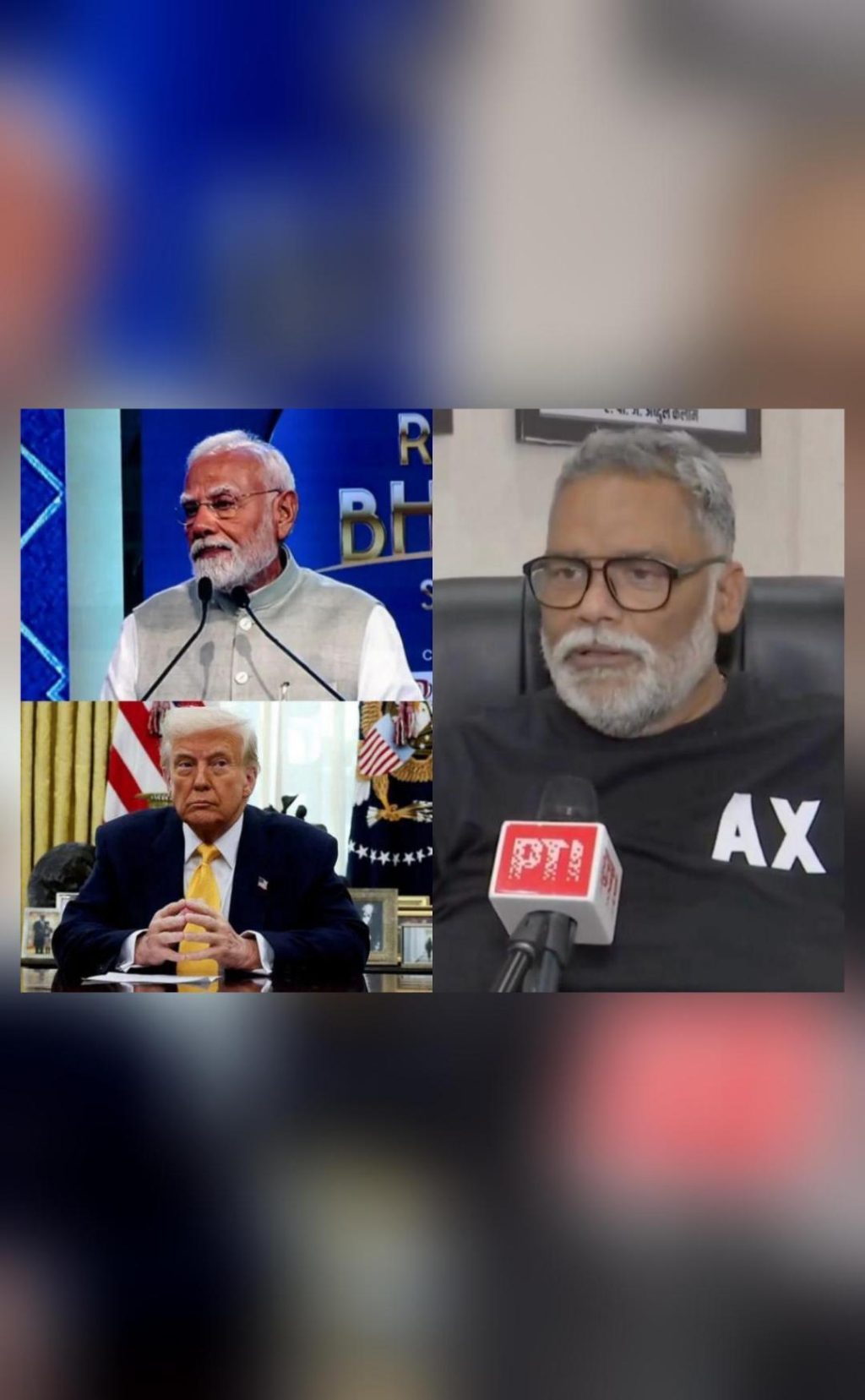
PM Modi Calls Trump His Friend, But He Insults India: MP Pappu Yadav
In a recent development, US President Donald Trump again claimed that he brokered a ceasefire between India and Pakistan. However, this claim has sparked a heated debate, with many questioning the credibility of Trump’s statement. Amidst this controversy, Purnia MP (Independent) Pappu Yadav has come forward to express his disappointment and frustration with the Indian government’s handling of the situation.
Yadav, who is known for his outspoken nature, has targeted Prime Minister Narendra Modi, saying that he himself calls Trump a friend, yet he continues to insult India. “PM Narendra Modi himself calls Trump a friend, and he is insulting India again and again,” Yadav said in a statement. This statement has raised many eyebrows, with many wondering why the Indian government is so keen to maintain good relations with the US, even if it means tolerating insults.
Yadav’s comments have also touched upon the issue of India’s foreign policy, which has been criticized for being too soft and accommodating towards the US. “Why are we intimidated by the US and China?” he asked, pointing out that India’s dependence on these countries is hampering its ability to take a strong stance on international issues.
The debate surrounding Trump’s claim of brokering a ceasefire between India and Pakistan has been ongoing for some time now. While Trump has been touting his role in the ceasefire, many have questioned the accuracy of his claim. In fact, the Indian government has refused to comment on the matter, leaving many to wonder what exactly went down.
So, what is behind Trump’s claim, and why is the Indian government being so coy about it? One possible explanation is that the US is trying to bolster its image as a global leader and peacemaker. By claiming to have brokered a ceasefire between two nuclear-armed countries, Trump is trying to demonstrate his ability to bring about peace and stability in the region.
However, many are skeptical about Trump’s claim, pointing out that there is no concrete evidence to support it. In fact, both India and Pakistan have denied that any such ceasefire has been reached. So, why is Trump making these claims, and what does this say about his reputation as a statesman?
For many, Trump’s handling of the situation is a classic example of his ego and self-aggrandizement. By claiming to have brokered a ceasefire, Trump is trying to boost his own reputation, rather than focusing on the real issues at hand. This kind of behavior is not new to Trump, who has a history of making grandiose claims and exaggerating his achievements.
In the context of India, Trump’s claim has raised many concerns about the country’s foreign policy. Many have questioned why the Indian government is so keen to maintain good relations with the US, even if it means tolerating insults and misinformation. In fact, there are many who believe that India’s dependence on the US is hampering its ability to take a strong stance on international issues.
Yadav’s comments have also highlighted the need for India to take a more independent stance on international issues. “Why are we intimidated by the US and China?” he asked, pointing out that India’s dependence on these countries is limiting its ability to act as a global leader. This sentiment is echoed by many, who believe that India needs to take a more assertive stance on international issues, rather than simply following the lead of other countries.
In conclusion, Trump’s claim of brokering a ceasefire between India and Pakistan has sparked a heated debate, with many questioning the credibility of his statement. While Trump’s claim may be seen as a publicity stunt, it has also highlighted the need for India to take a more independent stance on international issues. As Yadav pointed out, India needs to stop being intimidated by the US and China, and start taking a more assertive role on the global stage.
Sources:



